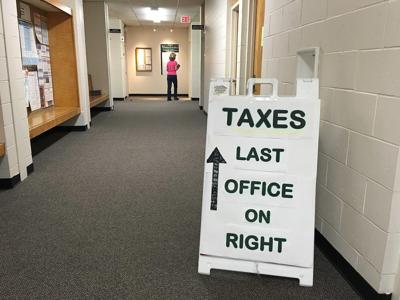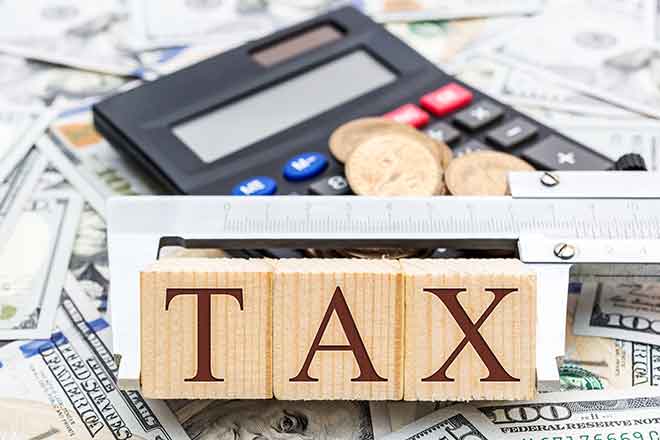A new accounting report shows that Colorado did not go into the coronavirus pandemic in good fiscal shape, and it likely came out of the crisis even worse.
Truth in Accounting is an organization that was founded in 2002 by CPAs to “compel governments to produce financial reports that are understandable, reliable, transparent, and correct.” It is a nonpartisan, non-profit organization headquartered in Chicago. One of their reports, The Morning Call recently published a financial analysis of all 50 states. Their analysis included the following key facts regarding Colorado’s financial health.
Colorado is ranked 20 th of all 50 states for financial health.
Colorado owes more than it owns.
Colorado’s taxpayer burden is -$2,600, and it received a “C” from TIA for financial management.
The taxpayer burden measurement incorporates both assets and liabilities, not just pension debt.
Colorado is a “sinkhole” state without enough assets to cover its debt.
Colorado only has $14.9 billion of assets available to pay bills totaling $20.3 billion.
Because Colorado doesn’t have enough money to pay its bills, it has a $5.4 billion financial hole. To fill it, each Colorado taxpayer would have to send $2,600 to the state.
The state’s financial report was released 205 days after its fiscal year-end, which is considered untimely according to the 180 day standard.
Colorado legislators have been attempting to circumnavigate taxpayer restraints established by TABOR, The Taxpayers’ Bill of Rights, a constitutional amendment approved by Colorado voters in 1992.
#ItsYourMoneyNotTheirs
#ThankGodForTABOR
#VoteOnTaxesAndFees
#TABOR
#FollowTheMoney
#FollowTheLaw
The full report can be found here:
http://www.data-z.org/state_data_and_comparisons/detail/colorado





